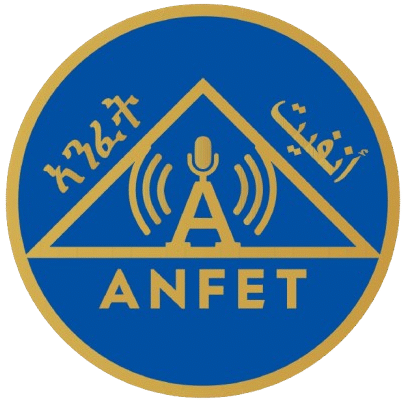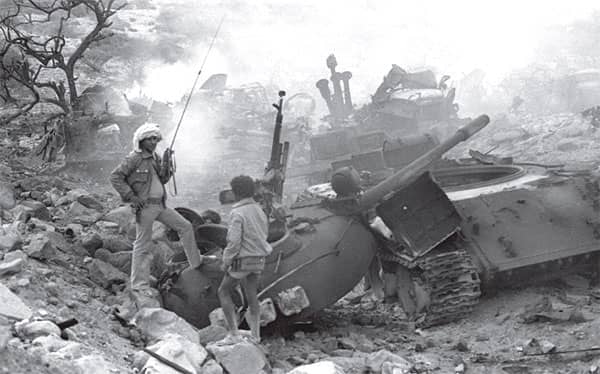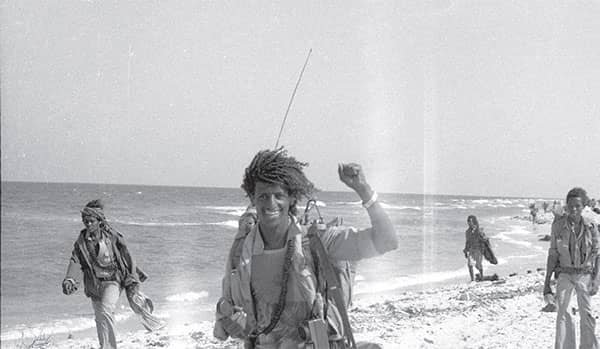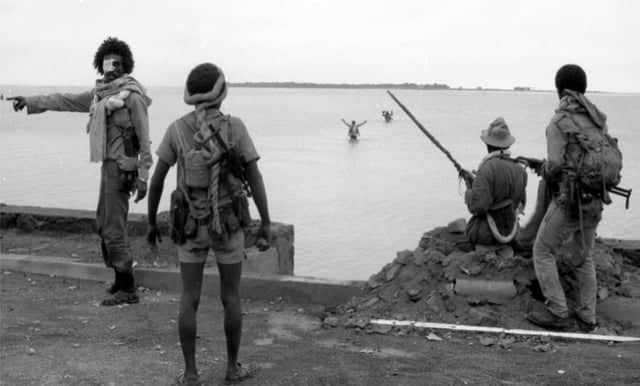
The Eritrean political landscape remains deeply fractured. For three decades, the Eritrean government has evaded its constitutional responsibility, refusing to enact the 1997 Constitution, effectively depriving Eritreans of a legal foundation for their rights and the rule of law. This deliberate inaction has fueled national frustration, leaving citizens and opposition forces asking a fundamental question: “Where is the Constitution?”
Yet, while the government continues to withhold constitutional governance, the Eritrean opposition itself is failing in its duty to present a unified and actionable alternative. Multiple opposition factions have produced numerous charters, yet no one has successfully established a national movement under a single, cohesive vision. Today, three key documents dominate political discourse:
- The Hawassa Charter – Developed by the Eritrean National Council for Democratic Change (ENCDC) during its historic congress in Hawassa, Ethiopia, this document sought to lay a foundation but remains underutilized.
- The Wiesbaden Charter – Drafted by Eritrean Political Forces (EPF), yet it failed to claim a true national opposition platform, instead settling for a redundant organizational framework awaiting action from ENCDC—two years and counting.
- The EPF-ECDC Third Charter (In Progress) – Currently under development, this document is the product of a joint dialogue between ECDC and EPF, designed to align closely with the principles of both previous charters.
The dialogue committee responsible for drafting the third charter has resolved thirty-four points of contention, yet three key issues remain deadlocked, awaiting leadership intervention:
- Illegal Land Appropriations – Addressing historical grievances and ensuring fair, lawful land distribution.
- Decentralized Governance – Striking a balance between central authority and regional autonomy.
- Self-Determination of Nations and Nationalities – Navigating ethnic and national rights within a unified Eritrea.
Beyond the charter itself, the committee has also struggled with internal bylaws—with eleven major areas of disagreement, only three of which have been resolved. A critical unresolved issue, the fair ratio of representation—has caused a complete stalemate for two months, freezing dialogue and blocking all progress.
The Eritrean Opposition’s Three Urgent Challenges
As Eritrea faces an existential threat to its sovereignty, the opposition cannot afford indecision and fragmentation. It must immediately confront three critical challenges:
- Uniting Itself – Without a cohesive political front, no resistance will be effective. The leadership must put aside factional disputes, finalize the charter, and present a singular vision for the nation’s future.
- Standing With the People in Defense of Eritrea’s Independence and Sovereignty – The current Ethiopian ambitions regarding Eritrea’s Red Sea access cannot be ignored. The opposition must prepare for national defense, signaling readiness to stand with the Eritrean people, not just in words, but in decisive action.
- Communicating Directly with the Ethiopian People, Select Tigrayan Forces, and PM Abiy Ahmed – The Eritrean opposition must send a clear, unified message that Eritrea’s hard-earned independence and sovereignty will be defended at all costs. Ethiopia’s expansionist claims must be confronted directly, leaving no room for ambiguity.
No More Excuses—Time for Accountability
The failure of leadership within the opposition mirrors the very dysfunction they seek to overcome. While the government faces the question of the missing Constitution, the opposition must now face the question: “Where is the Charter?”
A unified, actionable charter is not optional, it is a necessity. Without it, the opposition remains fragmented, ineffective, and incapable of real change. Eritrea cannot afford weak leadership, either in government or in opposition. The time for hesitation is over. The Eritrean opposition must take responsibility, finalize the charter, and stand accountable to the Eritrean people.
This is not just a political struggle—it is a battle for Eritrea’s future. Sovereignty without governance is unsustainable, and resistance without unity is doomed to fail.






